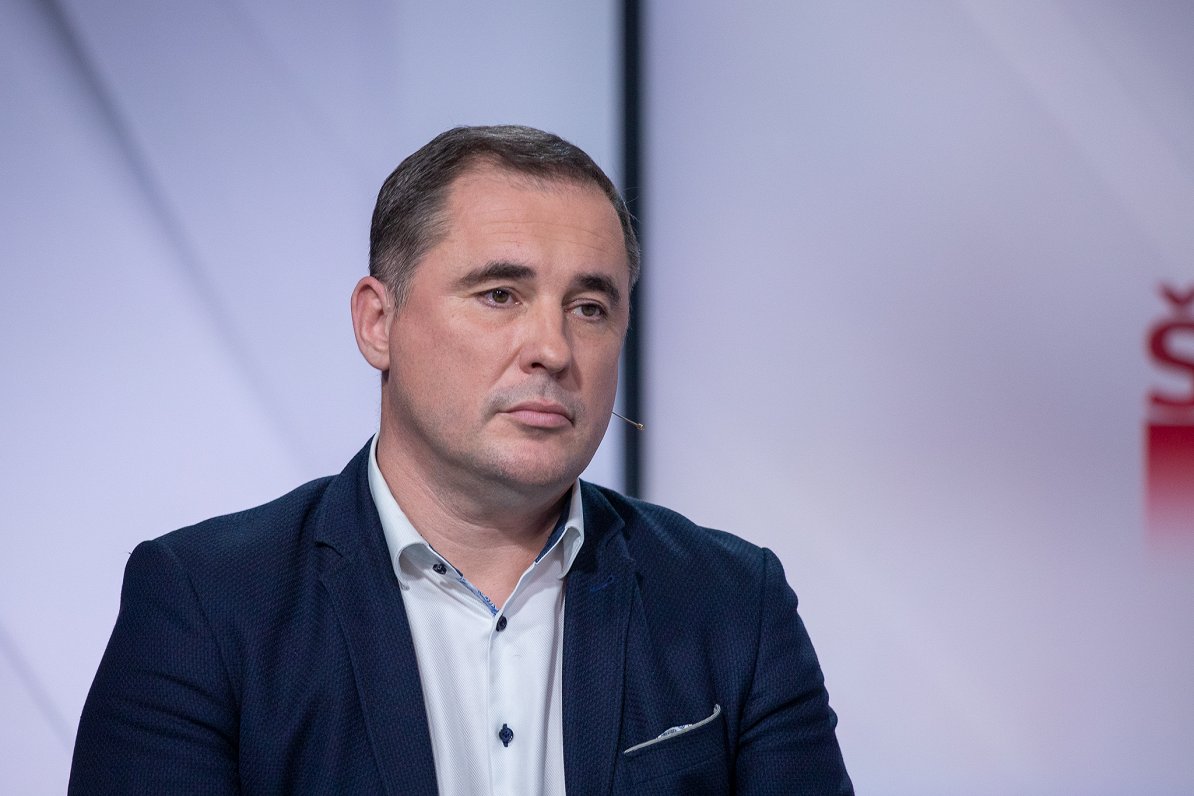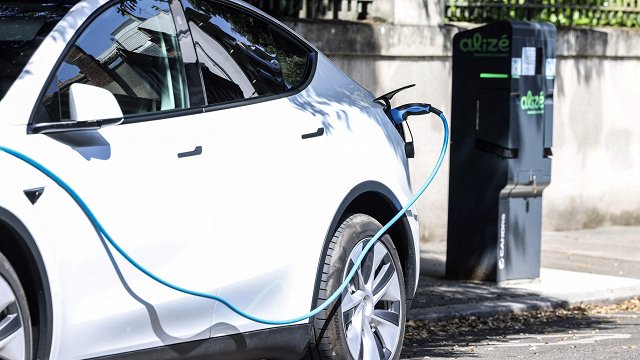The Minister said that this year's budget aims for a subsidy of EUR 11 million for agriculture. “What we can do quickly in Latvia without waiting for any decisions of the European Commission is direct additional funding to the sector most at risk this year. It's the milk sector, of course,” Šmits said.
At the same time, he pointed to uncertainty over how long the drop in raw milk prices in the dairy industry will last: “If it is a monthly phenomenon, it will be survived. If this crisis persists, we must of course take care that we have sufficient milk resources in our processing and, accordingly, for milk exports. And then there will be emergency decisions.”
Šmits said that last December the purchase price of raw milk had reached the Latvian record – an average of more than 50 and more cents per liter, which, according to producers, was finally approaching the EU average. He sees a solution in promoting exports: “If we have export-capable companies that are able to sell the product outside Latvia, it will provide the whole chain downwards to dairy producers.”
The Minister explained that the European Commission has given Member States the right to set minimum requirements for long-term contracts, including the length of contracts and the way prices rise. Until now, milk processing companies and producers had opted out of this because they wanted fast-moving prices.
In his view, setting such conditions could be a solution for producers in Latvia.
Also, Šmits blamed the retailers, saying that surcharges for dairy products are “big, huge.” “Of course, we're in a free market, and there is not a whole lot of tools. But one is the diversification of the market.”
He proposed limiting the working hours for large supermarkets, allowing small shops to earn at certain times, though it is not clear whether this would reflect directly on the producer unless they opened their own shop.






























